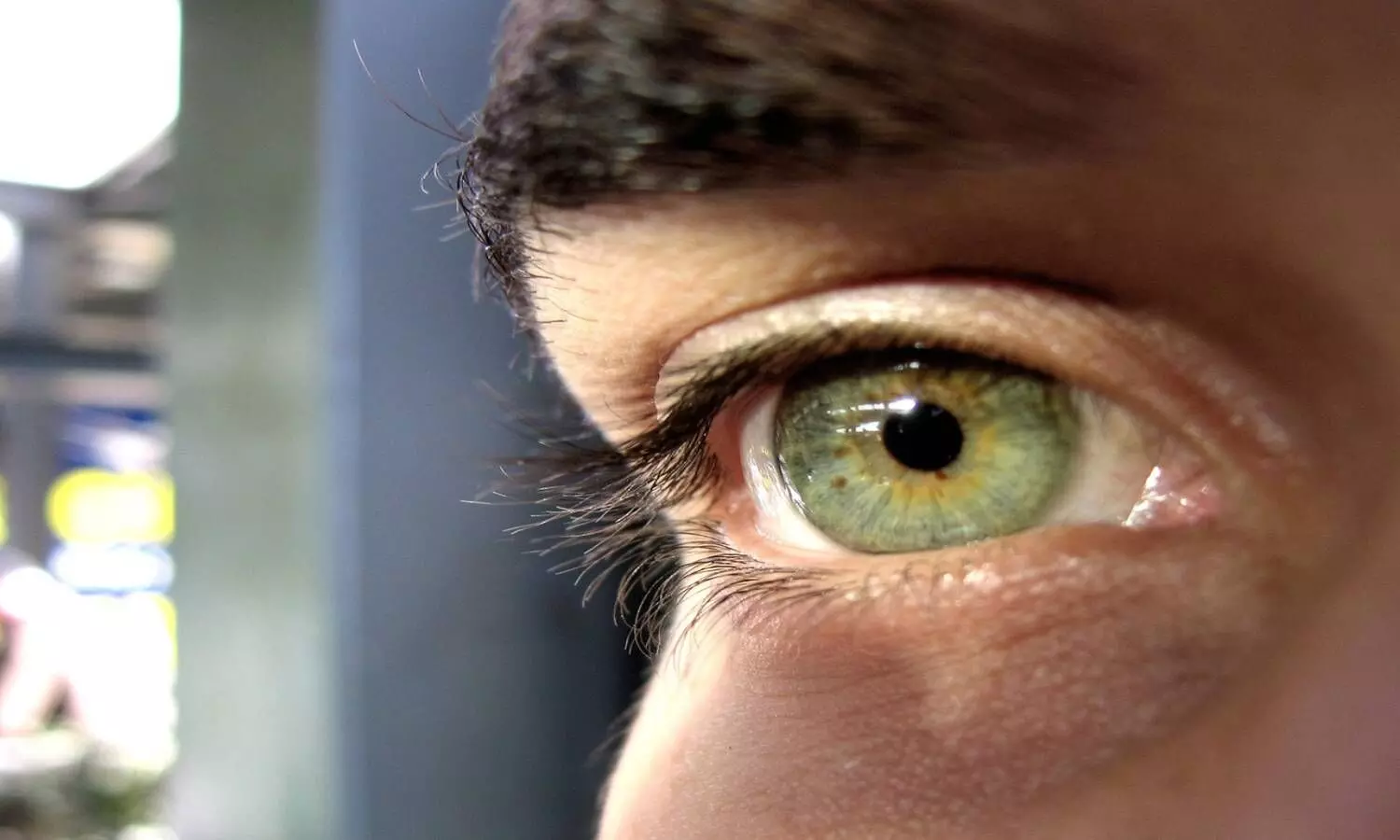Get enough sleep, stay hydrated: Students, here's how to take care of your eyes during exam season
Air conditioning should be frequently switched off and should never blow directly on the face
By Newsmeter Network
Hyderabad: Examination season is again around the corner and students preparing for class 10, 12, and various entrance exams are in a feverish pitch of activity. So, a few suggestions on how to take care of the eyes during this period are certainly in order.
1. Sleep deficiency: A minimum of seven hours of sleep is essential to maintain good health for the eyes as well as the whole body and mind. Sleep deficiency leads to eye problems like recurrent styes (eye boils), which causes pain and swelling of the eyelid and results in loss of study time.
Tip: Plan and manage study time to get enough sleep.
2. Dietary deficiency: Students tend to skip meals or depend on fast foods. Nutritional deficiencies tend to cause fatigue and loss of concentration and again affect the eyes with blepharitis, dry eyes, and eyelid infections.
Tip: Eat balanced healthy meals at regular intervals. Food rich in vitamins A, D, E, B complex, minerals, and Omega 3 is essential for students preparing for exams.
3. Dehydration: Due to the intensity of studies, some students forget to drink enough water and fluids, this results in dehydration and frequent headaches, inability to focus, and tired eyes.
Tip: Drink at least 3-3.75 litres of fluids per day.
4. Postural problems: Bad posture affects the neck, shoulders, lower back, and the eyes, especially in students who have poor eye muscle balance and astigmatism.
Tip: Study in a sitting posture with the feet firmly on the ground, arms and shoulders well supported. Keep the book at least 20 inches from the eyes. The book should be at an angle of 60 degrees. Take short breaks to stretch.
5. Duration of study: The stress on eye muscles when studying for eight hours is equal to the stress on leg muscles from running 50 to 60 km. So, studying without rest for 10 to 12 hours causes intense pressure on eye muscles and has now been shown to be related to the development of myopia (glass power), spasm of eye muscles, eye strain, inability to focus the eyes, eye pain, and severe headaches.
Tip: Take short breaks every 30 minutes and look at far objects for 10 seconds to relax the eye muscles.
6. Digital eye strain: Earlier known as Computer Vision Syndrome, digital eye strain is very common among students nowadays. Redness, irritation, foreign body sensation in the eye are leading symptoms. When computers or smartphones are used for long durations of time, the tears in the eye gradually evaporate. Normally, a person blinks about 20 times in a minute but when using computer and mobile phone, the blink rate decreases to once or twice a minute. This reduces the replenishment of the evaporated tears and causes dry eye syndrome. Air conditioning also removes moisture from the skin and eyes and leads to dryness.
Tip: Students who use computers and mobile phones must be careful to follow the "20 20 20 20" rule. Hold the device 20 inches from the eye. Take a break of 20 seconds every 20 minutes. Look at any object 20 feet away. Blink 20 times every minute.
Also, air conditioning should be frequently switched off and should never blow directly on the face.